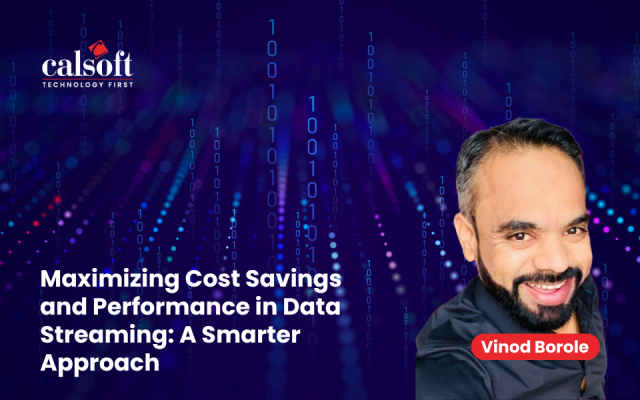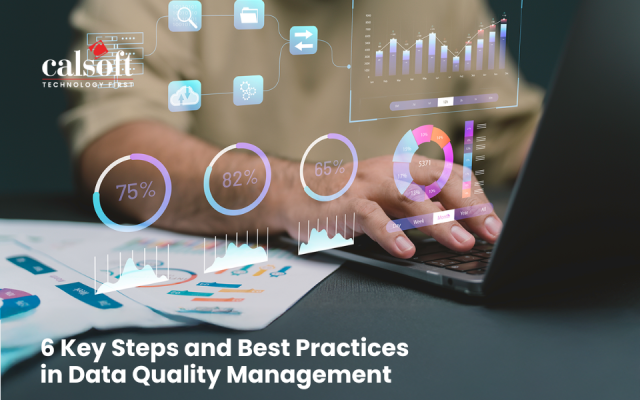“Good design is good business,” declared Thomas J Watson, the second president of IBM, in a 1973 lecture to Wharton students. He further said that “We are convinced that good design can materially help make a good product reach its full potential.”
Barriers in software development have lowered considerably compared to the past and most competitors now offer commonly demanded features within their product. Simply being the first to offer a new feature can no longer serve as a key differentiator, it’s the experience of using the product that will set you apart in the market. Apple did not create the first smartphone, instead it made one extremely simple to use. Facebook did not invent social networks, but its ease of use significantly shaped its success. There were several search engines before Google came along, but it provided the simplest way to discover relevant information.
Customers expect far more than just a feature rich product and delivering a bad user experience is just not an option anymore. Organizations are gradually realizing that excellent UX will result in increased sales, improved brand awareness, happy customers, lesser customer support, higher productivity, rapid product release, and lesser costs.
- Higher Sales – Customers look for products that fulfill their needs and can be used intuitively. Products that deliver an excellent user experience will witness more sales than those that do not. A bad user experience can potentially damage your sales and tarnish your brand. A product with a poor user experience will invariably result in disgruntled customers and bad reviews that are likely to spread like fire in today’s digital age.
- Better Customer Retention – A fluid user experience will not just satisfy and delight customers, it will also encourage customer loyalty. It will cause customers to make repeat purchases, buy more products, renew their subscriptions and advocate your products in the market. On the contrary, a product that is hard to use will turn customers away and force them to look for other options from competitors.
- Increased Productivity, Reduced Documentation and Training – Users rarely wish to go through lengthy product manuals in order to understand how to use a product. They would much rather begin using a product and figure it out intuitively. The easier to use a product is, the lesser documentation a customer will have to grapple with to understand usage. While complex enterprise applications do require a certain amount of training, becoming comfortable with the product quickly substantially increases user productivity.
- Lower Development Time and Cost – While it may seem that adding user experience design processes to the product development life cycle would elongate project timeline and costs, these processes in fact help save considerable money and time by designing the correct solution from the start and by fixing issues early in the development life cycle. If the UI is designed by an expert who understands and implements design best practices and principles of human factors, several UI issues can be dodged early on. Through iterative usability testing, problems can be identified and fixed while validating the course that design will take. Before commencing actual development activities, the design can be substantiated by stakeholders, avoiding change requests because of unfulfilled requirements late in the development life cycle. A study from Forrester revealed that for every dollar required to address a problem during design, it would take five dollars to resolve the same problem during development and thirty dollars to fix it after launching the product.
The fundamental factor in ensuring a good user experience is to include end users iteratively throughout the design process and implement their feedback. Engaging experienced design consultants is a good place to start if you do not have a formal design process in place. You can also hire specialized UX designers within your project team or establish an in-house UX department. Any option you decide on will be a step towards creating products that are simple to use and satisfying. Products that deliver a good user experience increase revenue and lower costs, and quite simply ensure good business.
[Tweet “Generating Business Value Through Good UX ~ via @CalsoftInc”]






